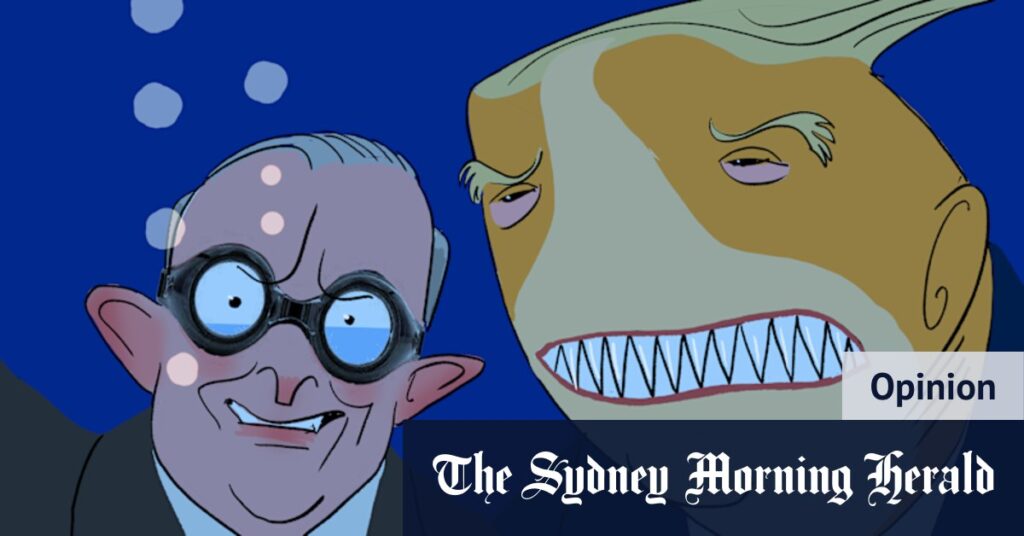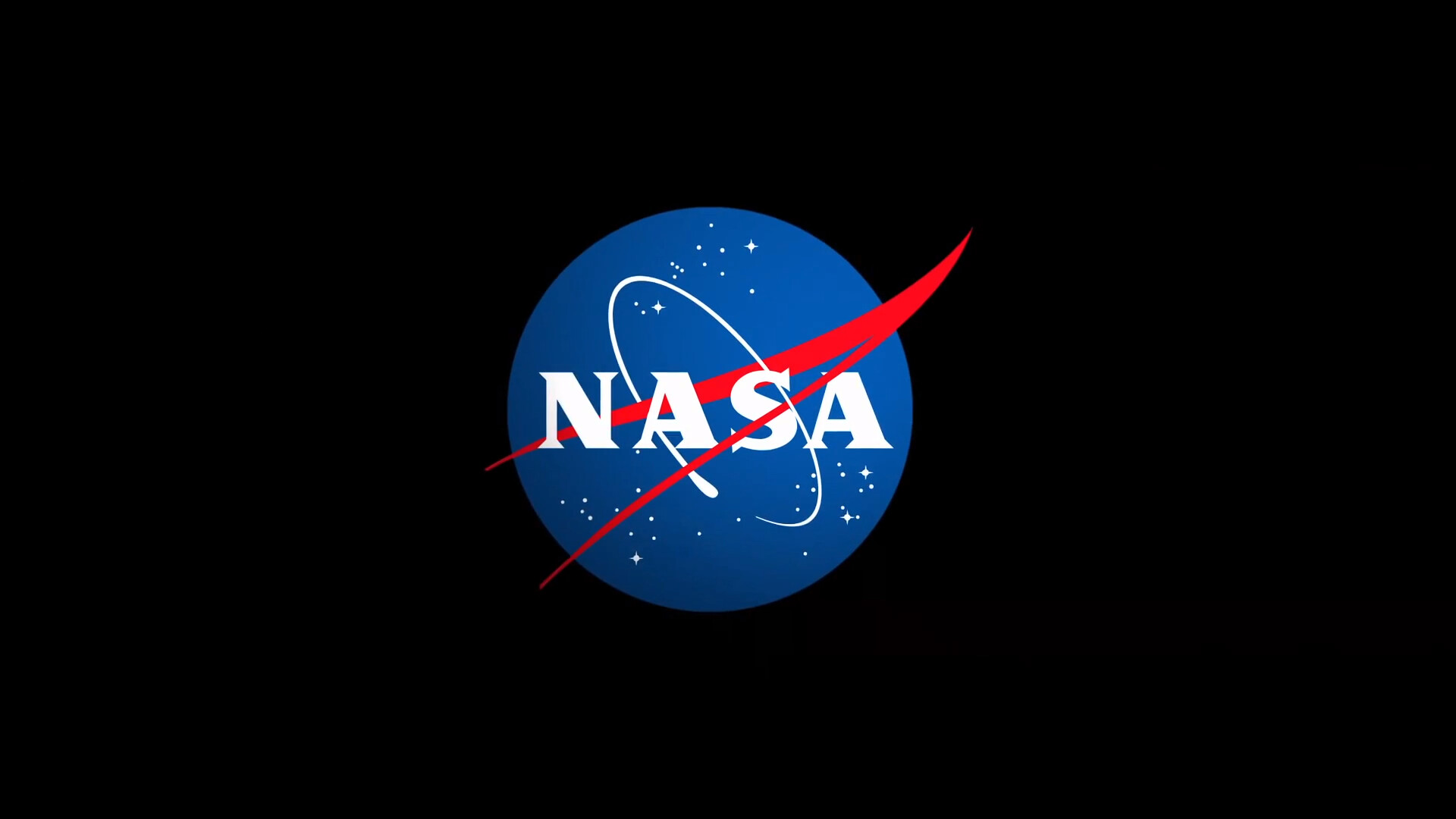
At last, the much-anticipated meeting between Australian Prime Minister Anthony Albanese and former U.S. President Donald Trump is on the horizon. The announcement of a formal meeting next month brings more than just symbolic significance; it marks a pivotal moment in the diplomatic relations between Australia and the United States. This development comes during a week when Albanese has faced persistent inquiries about the likelihood of such a meeting, providing a measure of relief amidst recent tensions over Australia’s decision to recognize Palestine at the United Nations.
The conventional wisdom suggests that an Australian prime minister under severe American scrutiny is weakened. It implies that a leader should be eager to meet with the U.S. president, risking ridicule if unable to arrange it promptly. However, is this meeting as crucial as it seems? Under normal circumstances, the importance of such meetings might not be questioned. Yet, in the current climate, where conventional wisdom appears less reliable, the necessity of this meeting is worth examining.
The Symbolism of Diplomatic Meetings
Media and public interest in high-profile diplomatic meetings often exaggerate their significance. While Australians may express concern when polled, these meetings rarely dominate voters’ minds or directly impact Australia’s interests. The case of Ukrainian President Volodymyr Zelensky serves as a cautionary tale. Despite a reconciliatory meeting in Rome, Zelensky’s interactions with Trump resulted in non-negotiations, with Trump urging Ukraine to cede territory for peace. This week, Trump surprisingly suggested Ukraine could reclaim its land, yet this statement lacked any substantive backing.
Similarly, Japanese politician Shigeru Ishiba’s meeting with Trump was marked by warm words, yet Japan now faces increased tariffs on its exports to the U.S. Indian Prime Minister Narendra Modi experienced a similar fate, with Trump praising their friendship before imposing tariffs due to India’s purchase of Russian oil.
Australia’s Position and the AUKUS Agreement
Given these precedents, the necessity of Albanese’s meeting with Trump is questionable. While it might smooth tensions over Palestine recognition, even U.S. Ambassador to Israel Mike Huckabee has downplayed the impact on U.S.-Australia relations. The AUKUS security pact, a cornerstone of Australia’s defense strategy, is proceeding with meetings at levels below the presidency, where substantive discussions are currently most productive.
Australian Defense Minister Richard Marles recently met with U.S. counterparts, committing to increased military spending. Secretary of State Marco Rubio and Vice President JD Vance have shown strong support for AUKUS, while Pentagon policy chief Elbridge Colby conducts a review. Despite skepticism, Colby’s review is likely to affirm the deal’s benefits for the U.S., given Australia’s financial commitments without guaranteed submarine deliveries.
Domestic Implications and Political Calculations
Domestically, the delay in securing a meeting with Trump may not carry significant political costs for Albanese. His dominant political position and the opposition’s ongoing disarray provide a buffer. Moreover, current polls indicate a growing Australian skepticism towards the U.S. president, granting Albanese leeway to pursue a more independent foreign policy. This independence is evident in his willingness to align with European leaders on recognizing Palestine.
Albanese’s calm demeanor amidst questions about the meeting suggests he has long been aware of its likelihood. Now, with the meeting scheduled, the question remains whether it will occur as planned and whether any outcomes will endure. In these unpredictable times, where the trivial often mirrors the consequential, the weight of selfies and statements can be surprisingly similar.
Waleed Aly is a regular columnist.
Get a weekly wrap of views that will challenge, champion, and inform your own. Sign up for our Opinion newsletter.







